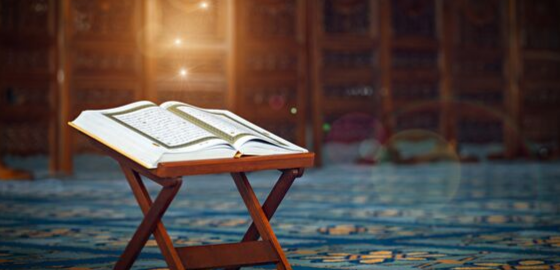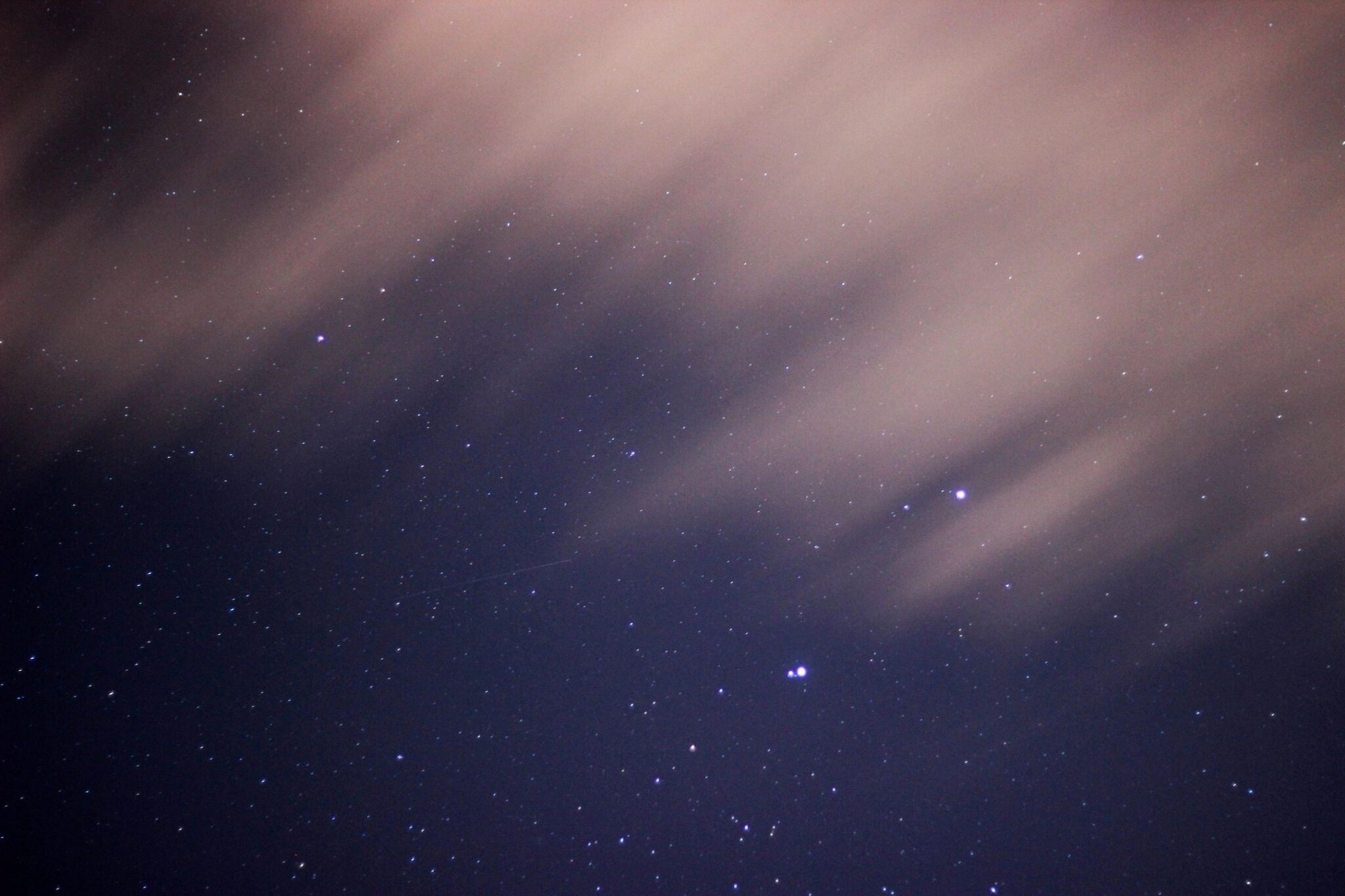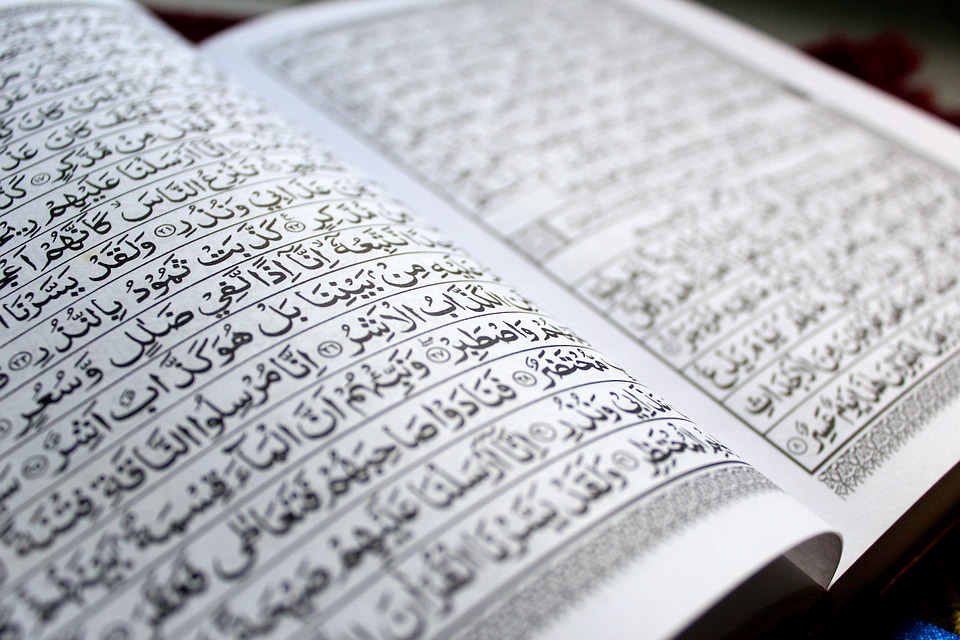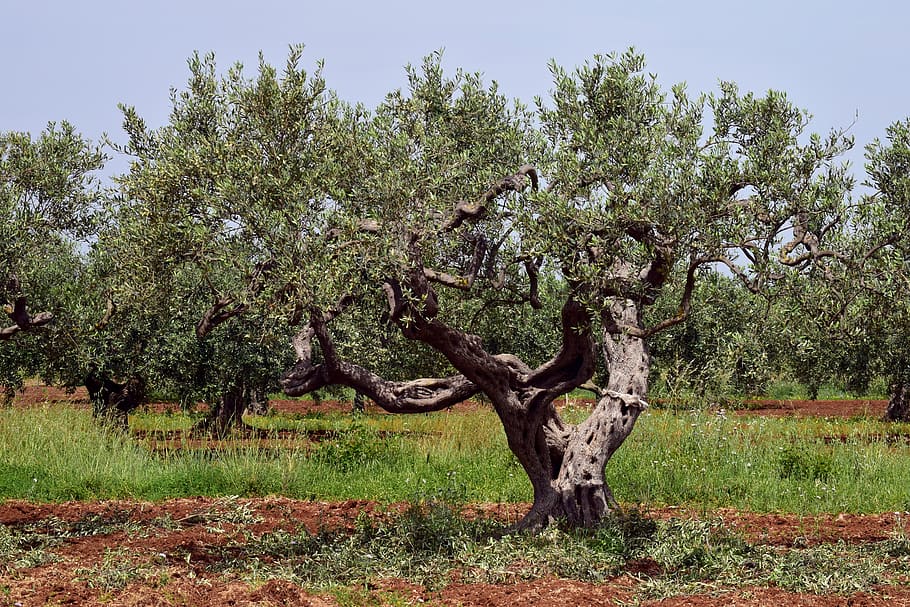The scholars differ over when Sūrah al-Bayyinah was revealed. Some classify it as a Madinan Sūrah, while others classify it as Makkan. I am of the opinion that this is a Madinan Sūrah, because it directly addresses the issue of the Ahl al-Kitāb and their response to the revelation. This is a theme of Madinan revelation as there weren’t many Ahl al-Kitāb living in Makkah.
The scholars also differ over the name of this Sūrah. There are at least six names recorded for this Sūrah including Sūrah Lam Yakunil, Sūrah Ahl al-Kitāb, and Sūrah al-Barīya. Each of these names is taken from different words in the Sūrah, as is the standard practice for naming a Sūrah. The names of Sūrahs were not revealed, for most of them. The companions and later scholars simply named Sūrahs after words that are unique or important to them. This is why scholars often differ over the names of many Sūrah.
The theme of Sūrah al-Bayyinah is the reaction of the Ahl al-Kitāb (People of the Book, Jews and Christians) and the pagans to the proofs of Islam. In this Sūrah, Allah informs us that these groups split up upon hearing the message and seeing the evidences. A group became believers, whom Allah calls the best of creation in this Sūrah. While others rejected the message and disbelieved, so Allah called them the worst of creation. Allah ends the Sūrah with a promise of punishment for the disbelievers and reward in Paradise for the believers.
The Clear Proofs
At the beginning of the Sūrah, Allah mentioned that these groups differed and many of them disbelieved after they received the Bayyinah (clear proofs) of Islam. Allah did not just send down revelation claiming that Islam is the truth. The revelation came with clear evidence that it is from Allah. It is this evidence that separates Islam from false religion.
The clear evidences of Islam mentioned in this Sūrah are two; the Messenger and the Quran. The life of the Prophet (peace be upon him) is itself a proof of the truthfulness of his message for any sincere seeker of the truth. When someone studies his life, his teachings, his character, his sacrifices, and the impact of his message, then it becomes clear that he was indeed a true messenger from Allah. Therefore, the message he brought is the truth from Allah.
The Quran is also a clear evidence that Islam is the truth. There is nothing like the Quran in existence. It is a miracle in many different ways, and entire books have been written explaining the miraculous nature of the Quran. The Quran is a miracle linguistically, poetically, historically, scientifically, and in its inimitable nature. Any sincere seeker of the truth who studies the Quran will realize that it is indeed a miraculous message from the Creator and will submit to its message.
The Worst of Creation
Because the revelation came with such clear proofs, those who disbelieved after seeing the evidences are condemned in the strongest of terms. For the people of the book who did not receive the message of Islam, they may still have an excuse for following the older scriptures. But once it is clear to an individual that Islam is the truth, then there is no excuse for rejecting it.
Despite knowing that Islam is the truth, many of the people of the book still rejected it. They recognized that the Prophet (peace be upon him) was a true prophet and his message was from Allah. However, either due to arrogance or blind following, they still chose to reject him. These people were condemned in the worst of terms. Allah called them the worst of creation.
The reason that disbelievers are considered the worst of creation is because they are the only creation that does not serve the purpose they were created for. Every other creation in existence serves its purpose. It does what Allah expects it to do, except the disbeliever. The disbeliever has abandoned the purpose of life and chosen to serve false gods. Without a purpose, the disbeliever chooses the worst of paths, the path to Hellfire. This makes him the worst of creation.
It is important that we do not take these verses as permission to mistreat people. This Sūrah deals with theology, not character. The categorization of people into the best of creation and worst of creation relates to their status in the Afterlife, not how we treat them. In this world, kindness and gentle preaching is needed from us as we do not know whom Allah will guide in the future.
The Best of Creation
The Sūrah ends with a reminder that those who choose to believe in Islam and follow its message are the Best of Creation. The reason is because while the majority of creation fulfills its purpose without free will, the believer chooses to fulfill his purpose through free will. This elevates the practicing believer to a station higher than that of the angels.
Allah ends the Sūrah with a promise of Paradise for those who choose Islam. Islam is not a cultural heritage that someone inherits from their parents. Islam is an active choice to submit to the Creator and follow His Laws. Every believer must consciously choose to submit to Allah and follow His Law. This elevates a person’s status from that of a Muslim to a Muʾmin. There are various levels of faith in Islam. The lowest level is Islam i.e. to identify as a Muslim. Higher than that is for true faith to enter the heart. This is called Imān. The highest level is Iḥsān (perfection) which is defined as to worship Allah as if you can see Him, knowing that He sees you.
For the believer, life is a spiritual journey. In this journey, we go through various stages on our path to Paradise. The goal is to leave this earth in as high a stage as possible. While being Muslim is enough to save a person from eternal damnation, there exist special rewards and levels in Paradise for those who strive for Iḥsān. This should motivate us to be our best and continuously work on improving our spiritual state. So that we too can be among those whom Allah is pleased with them, and they are pleased with Him.
Ramadan Special: One of our best-selling ebooks Best of Creation is currently on sale for only $5. Learn more here.





